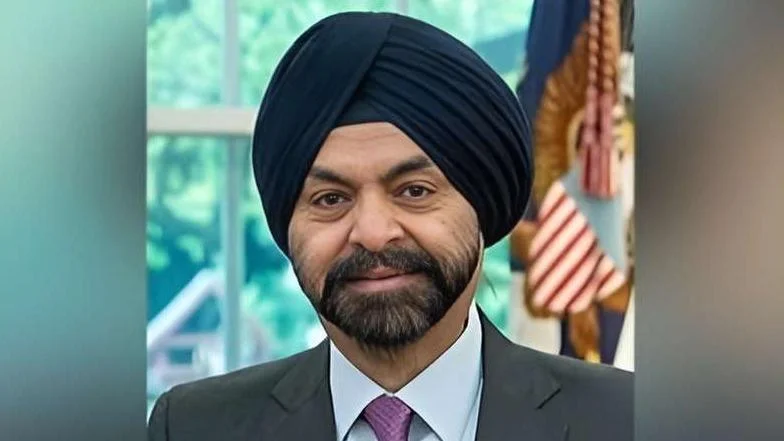The World Bank Group and the International Atomic Energy Agency (IAEA) have entered into a partnership to promote the use of nuclear energy in developing countries. This agreement, signed by World Bank Group President Ajay Banga and IAEA Director General Rafael Mariano Grossi, marks the first significant move by the World Bank Group towards reengaging with nuclear power after several decades.
This collaboration is part of a broader strategy by the World Bank Group to enhance electrification efforts focusing on accessibility, affordability, and reliability while managing emissions. With electricity demand in developing nations projected to more than double by 2035, this approach aims to support countries in meeting their energy needs through various pathways that align with their national objectives and Nationally Determined Contributions.
Nuclear energy is recognized for providing continuous baseload power which enhances grid stability. Reliable electricity is crucial for sectors such as infrastructure, agribusiness, healthcare, tourism, and manufacturing. Additionally, nuclear power offers high-skilled employment opportunities and stimulates economic investment. It also adapts well to changing electricity demands and supports frequency regulation for better integration of renewable energy sources.
Ajay Banga emphasized the importance of reliable power: "Jobs need electricity. So do factories, hospitals, schools, and water systems. And as demand surges—with AI and development alike—we must help countries deliver reliable, affordable power." He highlighted that nuclear energy will be part of the solution offered by the World Bank Group to assist developing countries in achieving their goals.
Rafael Mariano Grossi described the agreement as a milestone: “Today’s agreement is a milestone and the result of a year of joint work since President Ajay Banga kindly invited me to the World Bank Group Executive Board in Washington in June of last year.” He noted that this partnership could encourage other multilateral development banks and private investors to view nuclear power as a viable option for energy security.
The memorandum outlines three key areas where IAEA will collaborate with the World Bank Group:
1. Building knowledge related to nuclear safety, security, safeguards, new technologies among others.
2. Supporting developing countries in extending the lifespan of existing nuclear reactors.
3. Advancing small modular reactors (SMRs) which offer flexible deployment options suitable for developing economies.
Currently operating in 31 countries globally producing about 9% of world electricity; over 30 additional countries are considering or initiating nuclear programs with IAEA's assistance ensuring safety measures are met effectively.
Grossi commented on SMRs' potential: “SMRs have great potential to cleanly and reliably power progress and fight poverty but financing remains a roadblock.” He acknowledged today’s agreement as an essential step toward overcoming financial barriers associated with SMR implementation.

